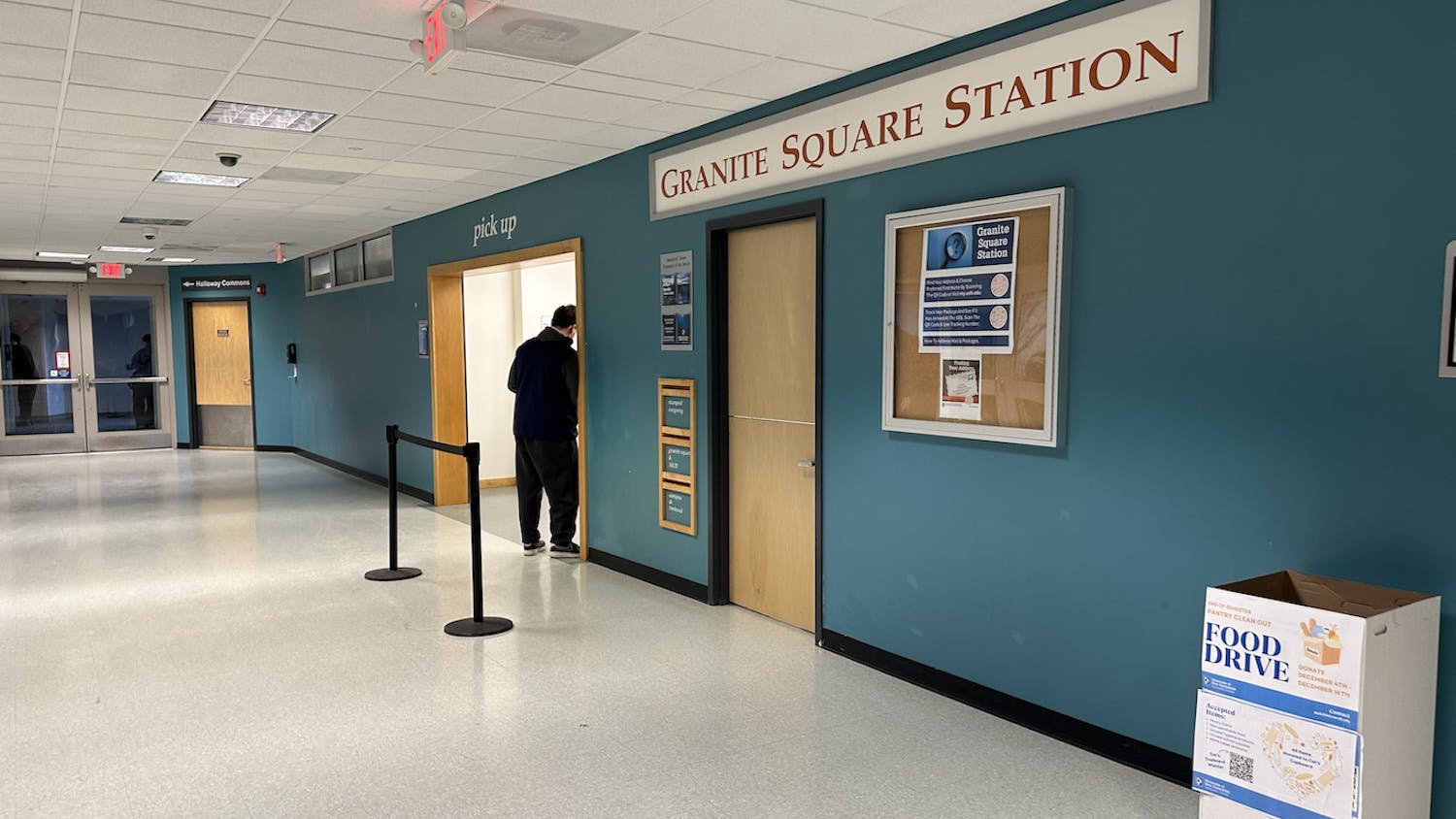One of the greatest writers of the English language once wrote, “[wherever] thou art, act well they part.”
William Shakespeare wrote this for an audience who knew far less social freedom or mobility than we here at UNH know. While we find ourselves frozen not by circumstance, but more often the perceived paralysis of almost too many options, the thinking still applies. Being a college student and living in a bubble community does not excuse us from our larger role as young human beings who have a role in the world’s future.
This is in reference to the Paris attacks in France, and the resulting discussion about the flood of refugees from Syria, and whether or not ISIS might hide militants among the immigrants. Our governor, Maggie Hassan, has expressed a desire not to admit refugees without a more secure screening process. Though ISIS may seem a world away, campuses are becoming increasingly more diverse, and any community now has a greater potential to be faced with the decision of how to treat refugees.
While there is no guarantee that Syrian refugees will or won’t become a part of the UNH or Durham community, we can make a decision about what kind of community this will be. We have numerous examples of what we do not want to be. We can see other communities torn apart by racial or economic tensions. We can see historical parallels of America turning away Jews fleeing Germany prior to the outbreak of WWII.
We can try to one-up each other in games of self-righteousness with evermore complicated rules about what counts as offensive, what thoughts may be permitted, and who is speaking out of line, or we can bring our decision-making model back to a simple rule: treat everybody like a human being.
There is little to be accomplished by scorning citizens for their grief, or fear of an enemy who attacks unarmed citizens and knows no confines of a battlefield. We must balance that fear with the assurance Lavinia Limón, a veteran of refugee work since 1975 and the president of the U.S. Committee for Refugees and Immigrants, gave The Atlantic when she said “I think I can count on one hand the number of crimes of any significance that I’ve heard have been committed by refugees.”
With that in mind, we can have confidence that we face, by and large, human beings with dreams for a safe and normal life that parallel our own. We can welcome them and aid them as we might hope others would do for us. It is a small opportunity, but one of immeasurable importance.
That, by and large, is our role as community members. Some of us our military members who ought not be dismissed with sophomoric claims that violence and nationalism never solved anything, for they stand to protect those who cannot protect themselves. They also stand to protect a culture where freedom of expression, creativity and the pursuit of happiness are in far brighter flourish than other parts of the world; one that despite numerous unforgivable failures, has its roots in a respect for human life and freedom in a way that many other cultures simply don’t.
Our values are such that a diplomatic, intellectual, effective solution would be cause for rejoice. Believe it or not, undergraduates are not the first people who have ever cried out for such a thing. But the human condition is such that the purist of intentions can be answered with violence and deceit. The military members have their part. The compassionate community builders have their part.
And though it is as simple as greeting a new face with a smile, not presumptions, each of us, as a community member of UNH, can do ours.













